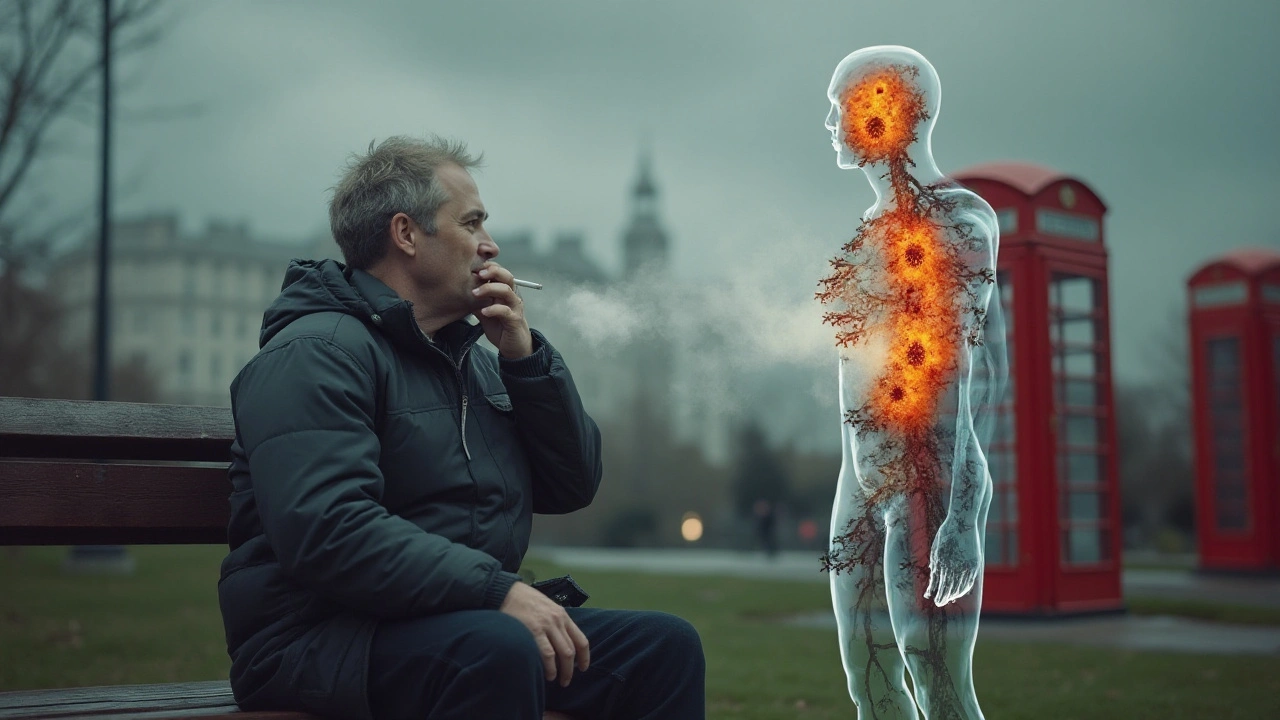Smoking: Risks, Real Quit Tips, and Safe Medication Choices
Smoking still harms your body and your wallet. If you smoke, you probably know the basics—cancer, heart disease, breathing problems—but what matters is what you can do today. This page gives clear, practical steps to cut down or quit, explains common treatment options, and shows how to get medications safely if you shop online.
How smoking hurts you — short and real
Tobacco smoke damages your lungs, blood vessels, and immune system. Over time that raises your risk of lung cancer, heart attacks, strokes, and chronic lung diseases like COPD. Smoking also makes infections worse, slows healing after surgery, and ages your skin. Quitting at any age improves your chances of better health and longer life.
If you’re thinking quitting is too hard, remember this: most people try several times before they stop for good. Each attempt teaches you what works and what trips you up.
Practical quitting steps that actually help
Pick a clear plan. Will you quit cold turkey, cut down first, or set a quit date in two weeks? Choose the approach that fits your day-to-day life. Combine behavior changes with support and, often, medication for the best chance of success.
Use these tactics: identify triggers (stress, coffee, alcohol), replace the routine (walk, chew gum, drink water), remove cigarettes and ashtrays, and tell friends or family so they can support you. Track progress—small wins matter.
Find support. Counseling, quitlines, group programs, and smartphone apps help by keeping you accountable and giving quick tools for cravings. Even a few short coaching calls raise your success rate.
Consider medication. Over-the-counter nicotine replacement (patches, gum, lozenges) eases withdrawal. Prescription meds—bupropion or varenicline—also help many people. They work differently, so talk with a clinician about side effects and which fits you. Don’t mix nicotine products without guidance.
If you use e-cigarettes, weigh the trade-offs. Some people use them to quit, but they’re not risk-free and long-term effects aren’t fully known. Ask your doctor for tailored advice.
Buying meds online? Be careful. Use licensed pharmacies, check for a visible pharmacist contact, look for clear return and privacy policies, and avoid sites with unbelievably low prices or no prescription requirement for prescription drugs. When in doubt, consult your local pharmacy or prescriber.
Cravings will pass. Urges usually peak in a few minutes and fade if you ride them out—use a five-minute distraction plan: deep breaths, a short walk, chewing gum, or calling a friend. Celebrate each smoke-free hour, then day, then week.
Want personalized help? Ask your doctor about combination strategies (patch + gum, or medication + counseling). Quitting is a process, but the tools and support exist. Take one clear step today—set a quit date or call a quitline—and use the strategies above to keep going.

